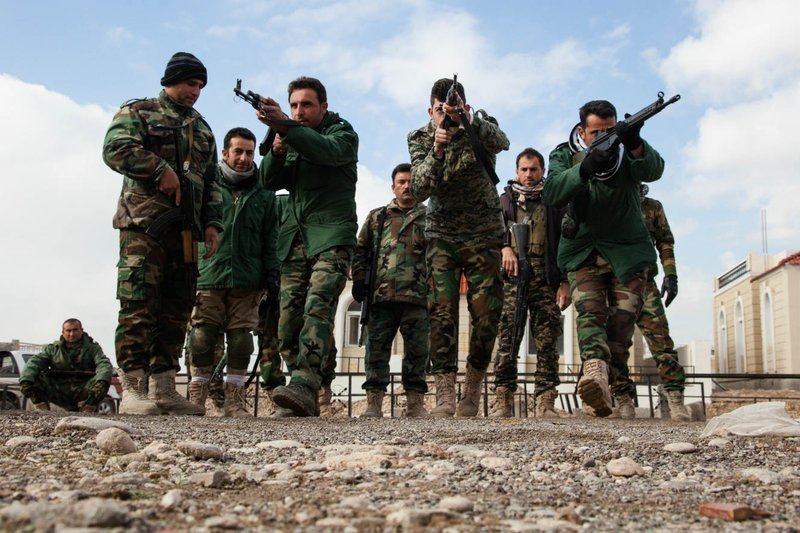The Bigger Issues at Play: Mosul and the Future of Northern Iraq
Article/Op-Ed in war on the rocks

Nov. 1, 2016
Doug Ollivant wrote for War on the Rocks on Mosul.
Mosul was not the first city to fall to the self-proclaimed Islamic State of Iraq and the Levant (ISIL), but it was its capture that shocked the world into action. Over two years later, the much-anticipated Iraqi offensive to liberate Mosul from ISIL is in its early stages. Since the halt of the ISIL offensive outside Baghdad and Irbil and the engagement of U.S and coalition airpower, this battle and its result were preordained. Urban fights bring complications, and the coalition of forces advancing on Mosul should seek to minimize casualties and human suffering. But the moral and strategic imperative is to liberate the citizens of Mosul from the brutalities of ISIL rule, including vicious repression, regular executions and — for the minorities — organized rape.
The complex and varied groups of loosely allied military forces descending on Mosul have been the subject of a great deal of analysis, debate, and skepticism. While (almost) all these forces — willing to shoulder personal risk to liberate a captured city — should be applauded, this is not to say that there are not a host of serious concerns, both in the liberation and the aftermath. Mosul is a deeply complicated piece of terrain, both internally and in relation to external powers. There are serious equities that must be balanced or checked, even as Mosul’s citizens are liberated.
The forces encircling Mosul are primarily those of the Iraqi government — the Army, Federal Police, and Special Forces. Then there are the Kurdish Peshmerga, Sunni Arab forces trained by Turkey, and predominantly Shia Popular Mobilization Forces (PMF). There is also a small detachment of Turkish troops in the area that is not yet involved in the fighting.